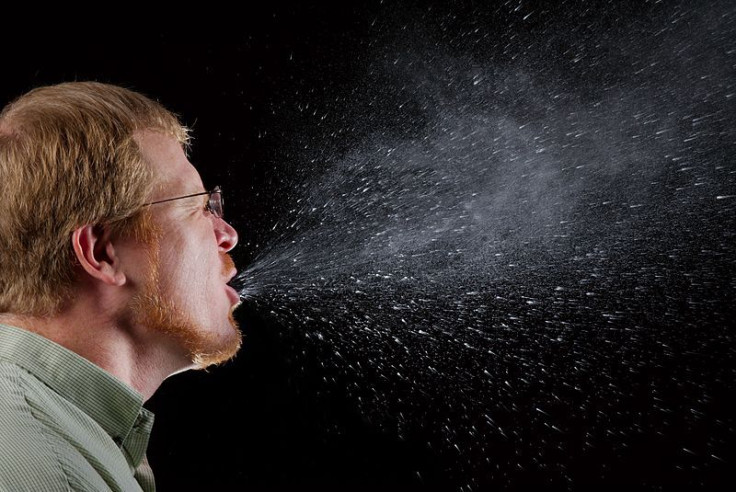Mystery Illness Solved in Alabama: No Need To Panic, It Was Just The Cold And Flu

What was an unknown respiratory illness that killed two people in Alabama earlier this week has turned out to be a combination of the common cold, a flu virus, and bacterial pneumonia, Alabama public health officials announced.
Health officials had feared that the illness might be the new H7N9 strain of bird flu or the novel SARS-like coronavirus infecting people in Saudi Arabia, reports ABC News. But testing has confirmed that the illness is just a mix of common bugs.
"This is good news," Alabama State Health Officer Don Williamson said in an Alabama Department of Public Health (ADPH) press release. Seven people were admitted to the hospital earlier this month with fever, cough, and shortness of breath. Public health officials conducted investigations into their recent activities and travel, the ADPH statement said. The state collected specimens from all seven patients and found that six of them were positive for either influenza A, rhinovirus, or both. Three patients had bacterial pneumonia, ADPH added.
Despite the common nature of the illnesses, however, public health officials weren't wrong to treat it as a possible problem, ABC said. "This is a great example of science sorting through the mystery of a 'pseudo-outbreak,'" said ABC News chief health and medical editor Richard Besser. "As expected, these were a variety of infections that just happened to occur close in time."
The patients didn't have much in common, ranging in age from mid-20s to late 80s, and the health department couldn't find anything that connected them. But just because there wasn't an apparent connection, doesn't mean one couldn't have existed,
"You never want to assume that there isn't a connection, because as soon as you do that, you will be proved wrong," Besser told ABC. "The first cases of the next SARS or the next flu pandemic could look very much like this. You treat every one of these clusters the same: You attack it with rapid public health science."
While ADPH has deemed further surveillance of this illness cluster unnecessary at this point, assistant state health officer for disease control and prevention Mary McIntyre has urged doctors to be vigilant. "Health care providers are encouraged to continue routine year-round influenza surveillance activities and submit specimens to the state laboratory for testing," she said in the ADPH statement.
The five surviving patients are improving, and one of them has been released from the hospital.



























